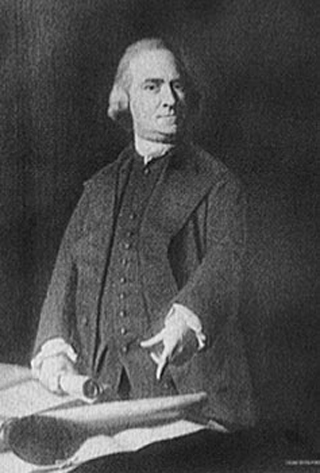
Samuel Adams. (Image courtesy of Library of Congress, Prints and Photographs Division, Detroit Publishing Company Collection. Reproduction number LC-D416-256 DLC (b&w glass neg.))
Instructor(s)
Prof. Chappell Lawson
MIT Course Number
17.508 / 17.507
As Taught In
Spring 2002
Level
Undergraduate / Graduate
Course Description
Course Description
Coups, civil wars, revolutions, and peaceful transitions are the "real stuff" of political science. They show us why politics matters, and they highlight the consequences of political choices in times of institutional crisis. This course will help you understand why democracies emerge and why they die, from ancient times to the recent wave of democratization in Southern Europe, Eastern Europe, and the developing world.
Few things are more dramatic than the collapse of a political system, whether through violent conflict or the peaceful negotiation of new political institutions. Explaining why regimes break down, why new ones emerge, and how these new regimes are consolidated are among the most important questions in political science. Not surprisingly, regime change has obsessed scholars for centuries, from Aristotle to Machiavelli to Marx to current theorists of democratization.
You will review several broad explanations for regime change before turning to more detailed examination of some of history's most famous and theoretically interesting political transitions: the collapse of the Weimar Republic in Germany; democratic breakdown, the consolidation of military dictatorship, and re-democratization in Chile; the breakdown of British colonial rule in the Massachussets Bay Colony; and protracted political transition in Mexico. There will be shorter discussions of democratization in Spain, South Africa, and South Korea; as well as democratic collapse in Brazil, Austria, and Italy.


